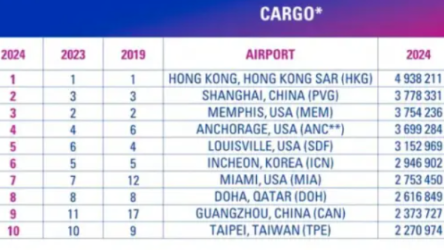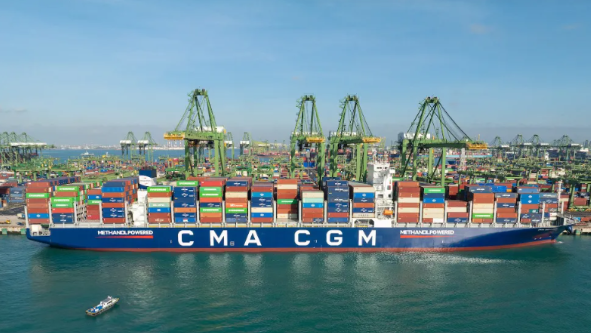At around 12 p.m. local time on April 28, a massive power outage struck Spain and Portugal, sending shockwaves across the Iberian Peninsula and the wider European continent.
Major cities including Madrid, Barcelona, and Lisbon experienced blackouts. In Madrid, the outage lasted for over six hours, affecting more than 50 million people across the region. Key sectors such as transportation, communications, and healthcare were severely disrupted. Southern France and other neighboring areas were also briefly impacted.
The blackout caused metro systems in many cities to halt operations, and traffic lights shut down, prompting police to be deployed in greater numbers to manage traffic flow. Some residents had to walk home due to the lack of public transit. Shopping malls, supermarkets, and restaurants were forced to close.
Spain’s national railway company announced the suspension of all trains due to the outage. Madrid’s main international airport, Barajas, was affected as well, with several flights cancelled or delayed. Lisbon’s metro system in Portugal came to a standstill, and some passengers were evacuated through underground tunnels under staff guidance. Emergency generators were activated at Porto and Faro airports, but operations were still limited.
During the outage, many cities experienced interruptions in mobile and internet services. Bank ATM systems also went offline. Around 8:40 p.m., mobile signals began to recover in Madrid, followed by a gradual restoration of internet access in some areas over the next few hours.
Such a widespread blackout is rare in the region. France’s electricity network confirmed that some areas in France also experienced power cuts following the Iberian blackout. According to Portuguese media, the outage was linked to a fault in the European power grid that affected Portugal’s network. The Portuguese grid operator stated that a wildfire in Alaric Mountain in southwestern France damaged a high-voltage power line, which may have triggered the outage. They later added that the power failure in Portugal was caused by a malfunction in Spain’s grid, where extreme temperature variations caused ultra-high-voltage lines to oscillate abnormally, leading to the blackout.
Given the complexity of the incident and the need to rebalance international power flows, a full restoration of the grid may take up to a week.
European Council President Charles Michel stated that he is in contact with Spanish Prime Minister Pedro Sánchez and Portuguese Prime Minister Luís Montenegro. At present, there is no indication that the outage was caused by a cyberattack.

Last
Hong Kong Retains Top Spot as World's Busiest Air Cargo Hub in 2024; Passenger Traffic Nears Pre-Pandemic Highs
According to preliminary data from Airports Council International (ACI), Hong Kong International Airport remained the world’s busi

Next
CMA CGM s CEVA Logistics to Acquire Turkey s Borusan Logistics Unit for $440 Million
CEVA Corporate Services, a subsidiary of French shipping giant CMA CGM, has signed an agreement to acquire BRYAT, a unit of Turkis



